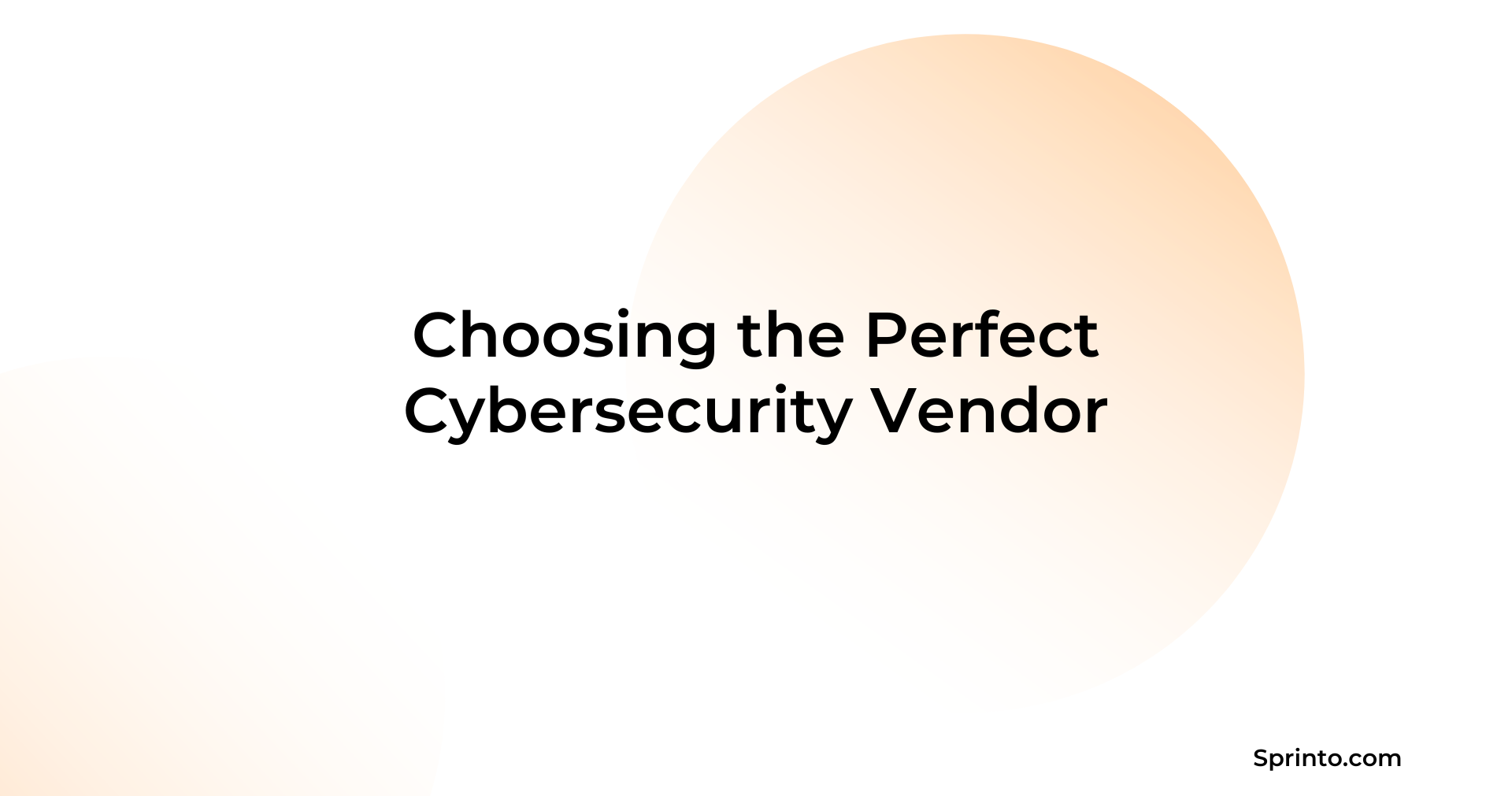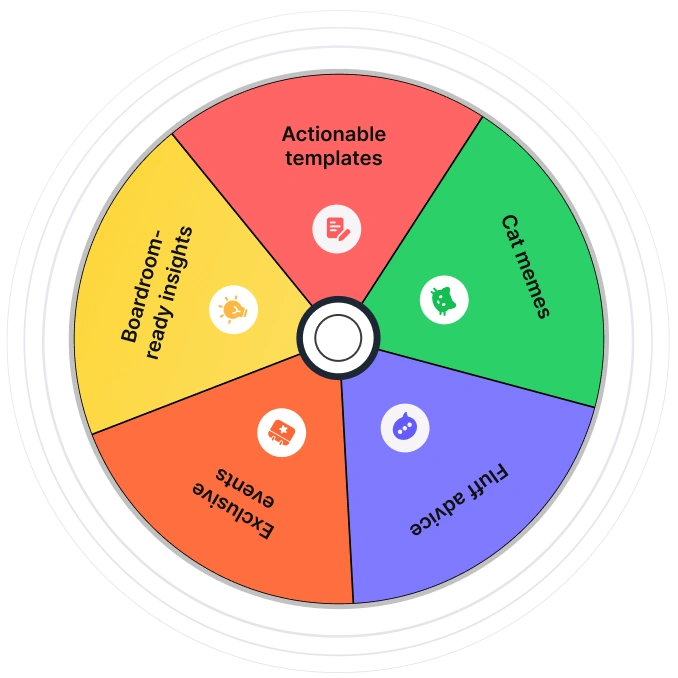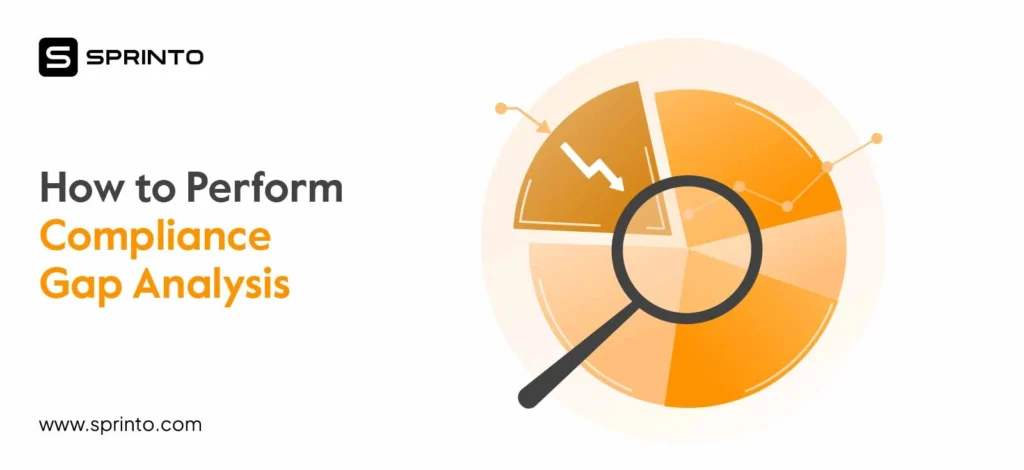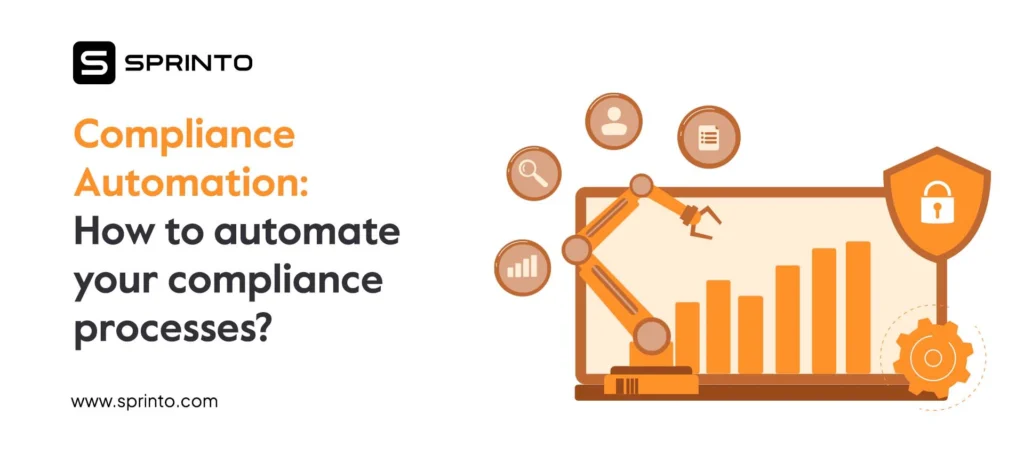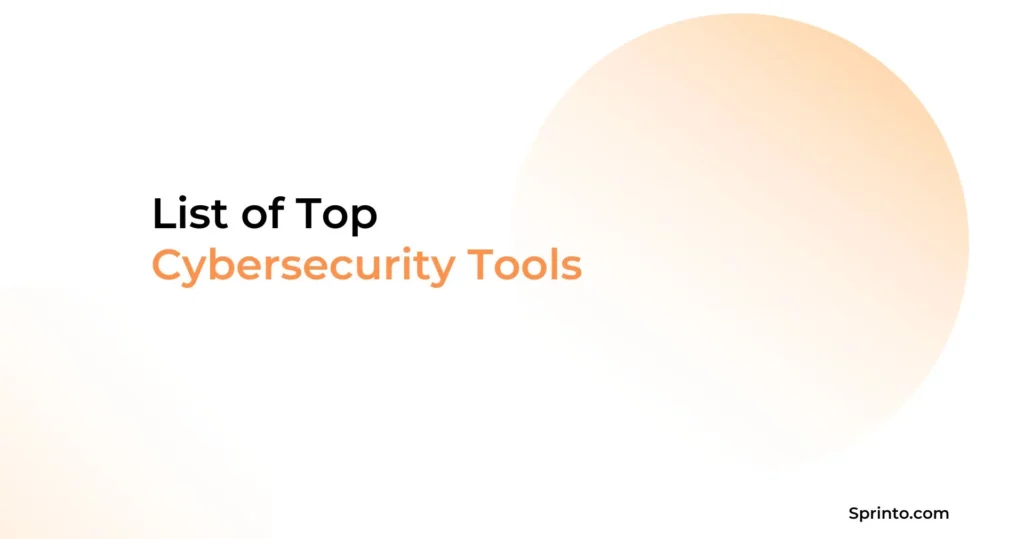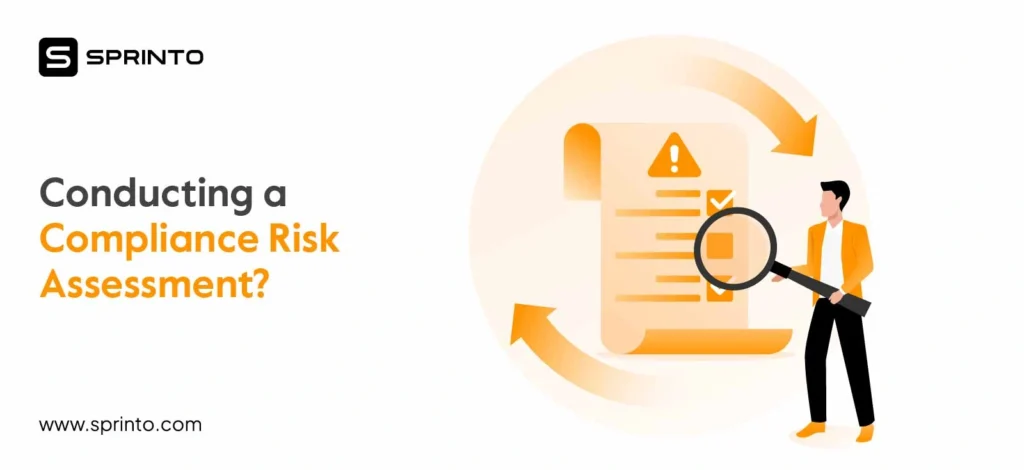If you’re like most small business owners or managers, your day is a balancing act, juggling growth strategies, team management, and countless operational tasks.
Choosing a cybersecurity vendor might not be the top priority on your list right now, but with the surge in headlines about cyber threats and attacks, it’s hard to ignore that the risk is growing.
Installing firewalls and spam filters cannot be the entirety of your cybersecurity posture. You need to create a culture of vigilance within your organization.
And that brings us to an important question: How do you choose the right third party cybersecurity vendor in a market teeming with options, each offering an array of tools and solutions?
Let’s dive in…
TL;DR
| Cybersecurity vendors must protect your organization by ensuring that your vendors, suppliers, and third-party partners protect information systems and data. |
| Choosing the right cybersecurity vendor includes listing what is the most important information, identifying critical hardware and software, candidate experience, and other requirements. |
Who is a Cybersecurity Vendor?
A cybersecurity vendor is a third-party entity that delivers services and solutions designed to safeguard organizations against cyber threats. These vendors implement measures and practices to secure their systems, data, and networks while enabling their clients to mitigate risks effectively.
How to Choose the Right Cybersecurity Vendor?
Choosing the right cybersecurity vendor involves thorough research and a little homework. We have mentioned the steps below, which you can follow along with the requirement checklist.
Identify the most critical information and data
Focusing on assets that directly support your operational, financial, strategic, and reputational goals is essential for identifying the information and data most critical to your organization’s success.
Critical data typically falls into customer information, confidential business information, intellectual property, and operational data.
Criteria to Identify Critical Information:
- Is the data more strategic, where it forms a central point in day-to-day operations, or does it provide a basis for decisions?
- Is the data regulated by some laws such as GDPR, HIPAA, or PCI DSS?
- Could the loss or compromise of this data directly impact your sources of income?
- Is the data tied to your organization’s competitive advantage or strategies?
- Would path data leak or exposure negatively affect the organization’s customer trust or brand image?
- Is this information used by your organization to continue the doing of business?
Identify the computer hardware and software that are most important
Determine which the most significant elements of computer hardware and software are
Take a closer look at something you often take for granted but can’t run your businesses without: the componentry and subroutines that power all our world.
Start with the essentials.
- What routine systems are you using daily or constantly?
- For example, your website. Can you ever think of your customers not being able to find you online during their research?
- Or your email client; how else will you be sending an email to your clients, vendors, or even your team of workers?
To make this easier, we have collected a list of mission-critical tools you may absolutely need or use to run your daily operations.
- Website hosting platforms
- Email systems
- File storage solutions
- Accounting and finance software
- Databases
- Customer Relationship Management (CRM) systems
- Enterprise Resource Planning (ERP) systems
- Human Resource Management Systems (HRMS)
- Collaboration tools
- Inventory management software
- Marketing automation tools
- E-commerce platforms
- Cybersecurity software
- Cloud computing platforms
- Backup and disaster recovery solutions
- Video conferencing tools
- Communication systems
- Content management systems
- Design and creative tools
- Development environments
- Analytics platforms
So, where does this leave us? The goal is to identify what’s mission-critical. If something isn’t running, does it grind your operations to a halt?
If yes, that’s your priority. From here, you can step back and ask: are these tools secure, reliable, and scalable? If not, it might be time to reassess.
Consider the vendor’s experience
Now that you know your data and tools inventory, choosing the vendor that suits your demands is easier.
One key question to ask is: How long have they been in the industry? A vendor with years of experience has likely encountered various security threats and solved challenges that evolve.
They’re better equipped to protect you against current and future threats. An experienced provider will also have a proven track record, meaning they’ve successfully handled security incidents and built processes that work. They’re more likely to be proactive and adaptable when potential risks arise, ensuring your organization stays protected.
For example, a vendor with 10+ years of experience in the financial sector will understand the specific security needs, compliance requirements, and threats in the security industry, which can give you peace of mind knowing they’ve got your back.
Evaluate vendors who have worked with orgs similar to yours
You want to find a provider who has worked with organizations similar to yours. Why? Because every business has unique challenges, security risks, and compliance requirements. A vendor that’s already familiar with your industry or company size can bring valuable insight into securing your specific needs.
Ask questions like:
- Have you ever done business with firms of our magnitude or in our specialty?
- Have you any success stories or other organizations similar to this that you have supported?
- In what ways were you challenged in these organizations, and how did you manage to overcome those challenges?
- How do you consider the specific needs of businesses like ours, and how are your services designed for us?
For instance, if you run an e-commerce business, you’ll want a cybersecurity provider with experience protecting online transactions and customer data. They’ll understand the nuances of payment processing, fraud prevention, and how to safeguard customer information.
Check if the cybersecurity vendor has certifications
Certifications prove that the provider follows industry standards and has the necessary expertise to protect your data. Here are some key ones to look for:
Designer: Create an infographic for this
- ISO 27001
- SOC 2
- PCI DSS
- CEH (Certified Ethical Hacker)
- CISSP (Certified Information Systems Security Professional)
Ask the vendor:
- What certifications do you hold?
- Can you provide proof of your compliance with ISO 27001 or SOC 2?
- How does your certification process enhance your security practices?
Check other mandatory and optional requirements
The following are the mandatory requirements and optional requirements:
Vendor Requirements Checklist with Weightage
| Description | Weightage | Yes | No |
| Is support available during business hours in the base package? | 10 | □ | □ |
| Are detailed manuals available for hardware and software? | 8 | □ | □ |
| Does the vendor assist with setting up servers, laptops, Wi-Fi, and smartphones? | 7 | □ | □ |
| Does the vendor handle installation and software updates? | 10 | □ | □ |
| Is network technical support included in the service package? | 10 | □ | □ |
| Does the vendor offer consulting services like a virtual CIO? | 6 | □ | □ |
| Scope, testing frequency, and backup recovery process. | 9 | □ | □ |
| Are backups stored offline to ensure security? | 9 | □ | □ |
| Are the backups encrypted for additional protection? | 10 | □ | □ |
| Does the vendor implement encryption for data protection? | 10 | □ | □ |
| Is data at rest encrypted to prevent unauthorized access? | 9 | □ | □ |
| Is data in transit encrypted to protect it during transfer? | 9 | □ | □ |
| Are priority response levels clearly defined? | 7 | □ | □ |
| Is there a clear escalation process for unresolved issues? | 9 | □ | □ |
| Are primary incident response contacts defined for both vendor and customer? | 8 | □ | □ |
| Are minimum security controls specified? | 10 | □ | □ |
| Is there a robust access control system, such as Active Directory? | 10 | □ | □ |
| Does the vendor handle network configuration to ensure security? | 8 | □ | □ |
| Will the vendor patch critical vulnerabilities within 1-3 business days? | 10 | □ | □ |
| Does the vendor notify you promptly in case of a security breach? | 9 | □ | □ |
| Does the vendor offer uptime guarantees with defined maximum downtime? | 8 | □ | □ |
| Does the vendor provide clear visibility into where your data is hosted? | 8 | □ | □ |
| Is there a clear and timely onboarding process in place? | 7 | □ | □ |
| Does the contract include a clause for performance-based termination? | 9 | □ | □ |
Tiered Weightage Overview:
- Critical (9-10 points): These are essential for ensuring operational continuity, security, and compliance.
- Important (7-8 points): These add significant value but may not be immediately critical to business operations.
- Optional (6 points and below): These provide strategic or additional benefits that enhance overall service quality.
Optional Requirements
| Description | Score (1-10) | Yes/No |
| Does the vendor support network/system architecture and administration? | 9 | □ |
| Does the vendor offer consulting services and share industry best practices? | 7 | □ |
| Does the vendor provide dedicated support for remote workers? | 8 | □ |
| Does the vendor support employees using personal devices for work? | 7 | □ |
| Is after-hours support included or available upon request? | 8 | □ |
| Does the vendor offer hardware/software discounts through volume purchasing? | 6 | □ |
| How frequently does the vendor check system logs for potential threats? | 9 | □ |
| Does the vendor provide regular and comprehensive network activity reports? | 8 | □ |
| Does the vendor participate in cyber response exercises to ensure preparedness? | 6 | □ |
| Does the vendor offer training for key security protocols (e.g., multi-factor authentication, VPN, secure data transfer)? | 9 | □ |
| Does the vendor help develop an incident response plan? | 9 | □ |
| Does the vendor clearly define roles and responsibilities during an incident? | 9 | □ |
| Are additional costs related to incident response clearly outlined? | 7 | □ |
Minimize effort, maximize cybersecurity success
List of services provided by a cybersecurity vendor
A cybersecurity vendor’s services start from compliance automation, continuous control monitoring, and more, which are listed below.
Next-generation antivirus applications
These are smarter antivirus security tools that use advanced tech, such as AI and machine learning, to spot and block new types of threats that traditional antivirus programs might miss.
Compliance automation
This software takes the manual work out of compliance by automatically handling repetitive tasks, helping you stay on top of regulations without the hassle.
Continuous control monitoring (CCM)
CCM makes sure your security controls are doing their job, whether it’s your tech, finance, or internal systems, so you can spot and fix issues before they become a problem.
Maintain control health via a dedicated dashboard
Firewall management
Firewall management ensures your network firewalls are always in top shape—updated, patched, and monitored, so they can effectively block any unauthorized access attempts.
Application security (AppSec)
AppSec keeps your apps safe from hackers by ensuring they’re designed and built with security in mind and regularly testing them for vulnerabilities.
Threat intelligence
This service gathers and analyzes information about cyber threats, basically giving you a heads-up about what attackers are doing so you can stay one step ahead.
Threat detection and prevention
These services help you spot potential threats in real-time and stop them before they can cause harm, whether it’s a malware attack or a suspicious activity.
Endpoint Detection and Response (EDR)
EDR constantly monitors them for signs of attacks and quickly steps in to stop any issues.
Device control
Device control ensures that all devices connected to your network are secure, whether they’re company-owned or employee devices, to prevent unauthorized access or data leaks.
SIEM solution
A SIEM solution collects and analyzes everything to help you detect threats and comply with regulations.
Malware protection
These services prevent malicious software, such as viruses or ransomware, from entering your systems and causing damage, keeping everything running smoothly.
Phishing protection
Phishing protection helps prevent fake emails and messages from tricking your team into giving away sensitive info or clicking on dangerous links.
Incident response
Incident response is the model for dealing with cybercrimes. It outlines how to detect the problem, prevent its spread, and remediate it as soon as possible.
Internet of Things (IoT) security
IoT security involves protecting your network and data by ensuring that all the smart devices in your office, such as thermostats, cameras, and printers, are protected from cyber threats that may circulate on the Internet.
DDoS protection
It contributes to preventing your website or network from being attacked by Distributed Denial of Service (DDoS) attacks, which aim to make your system busy and unable to provide other important services.
Cloud Security
Cloud security keeps your cloud-based apps and data safe, ensuring everything is encrypted and properly secured from unauthorized access.
Authentication
It ensures that only authorized personnel can access your systems with other mechanisms, such as using multiple factors to log into an account (MFA).
Backup and disaster recovery
A backup and disaster recovery plan allows you to easily recover your crucial files and systems if something goes wrong, such as a hacking attack or natural calamity.
Penetration testing
This is an ethical hacking technique in which someone tries to hack into your system and look for gaps so that you can close them to improve your security.
Remediation
Penetration testing is the process of closing up all the opened-up holes found in your security system, thus improving your security system.
List of top cybersecurity companies
Regarding cybersecurity, the “best” provider really depends on your unique needs, it’s not a one-size-fits-all solution. We’ve rounded up the top 11 cybersecurity companies based on user ratings.
These companies stand out in terms of popularity and the breadth of features they offer. Here are the 11 cybersecurity companies you should know about in 2025:
- Palo Alto Networks
- Fortinet
- CISCO
- Crowdstrike
- Zscaler
- Sprinto
- Darktrace
- Proofpoint
- Trend Micro
- Okta
- Red Canary
For more information on these companies, please visit this blog – 11 Best Cyber Security Companies.
Benefits and challenges of partnering with cybersecurity vendor
As Shakespeare (probably) didn’t say, “To partner, or not to partner? That is the question in the vendor selection process.” The answer, though, really depends on your organization. Where you begin on the consolidation can shape where you end up. Think about how vendor consolidation can benefit or challenge you in the following ways:
Benefits
- Cybersecurity vendors provide specialized expertise to protect against the latest threats.
- Outsourcing cybersecurity can be more cost-effective than hiring an in-house team.
- Vendors offer proactive, 24/7 monitoring to prevent attacks before they happen.
- Cybersecurity vendors can scale their services to meet your business’s growing needs.
- Many vendors help ensure your organization stays compliant with industry regulations.
Just a heads up: Sprinto helps SaaS companies connect their platforms to its compliance hub, making it easier to boost data security, tighten access control, and monitor ongoing monitoring and improvements across their entire tech stack.
Challenges
- Relying on an external vendor means less control and flexibility over your security strategy.
- Long-term commitments to a vendor can lead to dependency and difficulties switching providers.
- Integration of third-party solutions with existing systems can sometimes lead to compatibility issues.
- High-end cybersecurity services can still be expensive, especially for smaller businesses.
- Working with a vendor depends on their support and responsiveness, which can vary.
So, how can Sprinto help you reduce your overreliance on vendors?
Teaming up with a cybersecurity provider is crucial for creating a secure environment and ensuring your business runs smoothly, driving growth in the process. But what should you look for in a provider?
Ideally, you want one ahead of the curve, constantly investing in new tech and adapting its holistic approach to stay one step ahead of threats.
The provider should also have a solid track record across different industries and positive client feedback, proving their expertise in real-world situations.
That’s where Sprinto comes in.
Sprinto takes it a step further by continuously testing, tracking, and addressing security gaps while managing control vulnerabilities. With Sprinto, you get real-time visibility into the health of your security controls, everything from their status (passing, failing, critical, or due) to how they align with your compliance framework.
The best part? Sprinto automatically links risks to relevant compliance standards and controls, running automated assessments to validate and monitor their performance. If anything’s off, the system will alert you and guide you toward fixing it.
However, the major perk of Sprinto is that we also work with a network of partners who bring their expert advice and solutions to the table, making your compliance journey smoother at every turn.
If you’re passionate about using compliance to help businesses thrive, join us and see how Sprinto can be the one you’ve been looking for!
FAQs
What is a vendor in cyber security?
Vendor cybersecurity refers to the security measures and practices that third-party organizations like your suppliers or service providers implement to safeguard their information systems and data.
What is a cybersecurity provider?
A cybersecurity provider is a third party you can rely on to manage your network security. Depending on your needs, you can outsource specific aspects of your cybersecurity to them or partner with a provider offering a comprehensive, all-in-one solution to protect your entire infrastructure.
How do I know if a cybersecurity vendor is a right fit for my business?”
Many companies make the mistake of choosing vendors based solely on brand reputation or pricing. However, what works for a large enterprise might not fit your small or mid-sized business needs.
To find the right fit:
- Look for vendors who understand your industry-specific risks (e.g., healthcare, SaaS, manufacturing).
- Ask how they’ll help you meet compliance requirements like GDPR, HIPAA, or SOC 2.
- Ensure they offer customizable solutions that grow with your business.
Why is ongoing support from a cybersecurity vendor critical?
Cyber threats evolve constantly. If your vendor only shows up during onboarding and audits, you’re left exposed the rest of the time.
Continuous monitoring, automated alerts, and regular threat assessments are essential to stay ahead of attacks. Your vendor should:
- Proactively address vulnerabilities and not wait for you to report issues.
- Offer 24/7 support with a dedicated team familiar with your setup.
- Provide ongoing training and policy updates to keep your defenses sharp.
Meeba Gracy
Meeba, an ISC2-certified cybersecurity specialist, passionately decodes and delivers impactful content on compliance and complex digital security matters. Adept at transforming intricate concepts into accessible insights, she’s committed to enlightening readers. Off the clock, she can be found with her nose in the latest thriller novel or exploring new haunts in the city.
Explore more
research & insights curated to help you earn a seat at the table.



